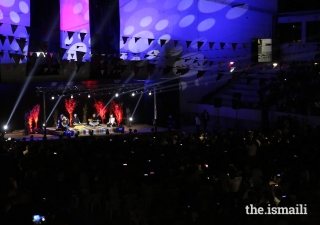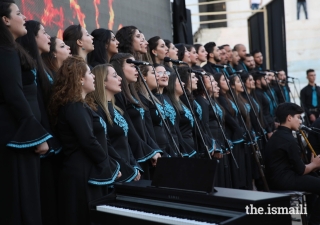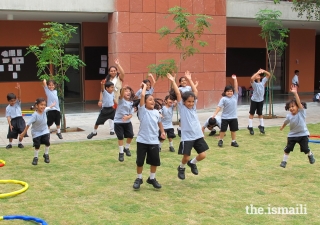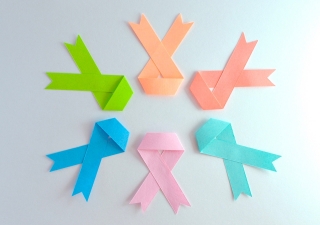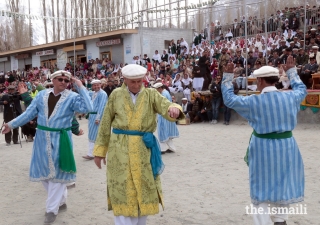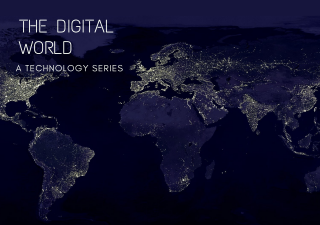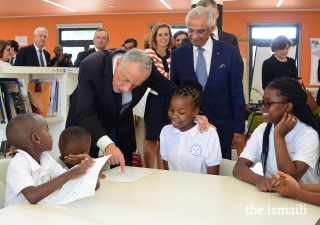News
After the International Arts Festival held in Lisbon in July 2018, the number of Ismaili artists in Syria has increased, with the offering of intensive training and rehearsals organised by the Ismaili Council. A host of artists came together to perform on the occasion of Imamat Day in 2019.
The Syrian Jamat commemorated Imamat Day in 2019 by reminiscing about Jubilee Arts during an event where artists came together to perform traditional songs and dances, demonstrating dedication, passion, and excellence in their performances.
On the occasion of Children’s Mental Health Week, the Aga Khan Health Board (UK) explores the importance of supporting young people to pay attention to their emotional wellbeing, and shares some advice for children on being healthy, inside and out. We encourage you to read this article with the children in your life.
In part one, we observed five rapidly-developing technologies being regarded as potentially transformative. Here we take a look at four more innovations having a significant impact on the world of today and tomorrow.
Cancer is a global challenge: millions of people around the world are diagnosed with the condition every year. World Cancer Day is celebrated on 4 February, and unites people, communities, and countries to raise awareness, show support, and take action. Through prevention and early detection, the global community can reduce preventable suffering from cancer and non-communicable diseases.
The nature of life for the elderly has changed considerably in recent history. With advancements in science and healthcare, human lifespan has substantially increased and the majority of people in the world can expect to live past the age of 60. Jamati institutions in Pakistan have embarked on numerous initiatives to support the elderly and create opportunities for interaction between different generations.
We have seen rapid technological progress in the last decade. Society has made advancements in energy efficiency, image recognition, and natural language processing, among many other fields. These technological advancements suggest substantial changes to come for our society in the months and years ahead.
It’s a cool and damp morning at a school in South Kanarchor, on the outskirts of Dhaka. As the children break for recess, they’re greeted by the sight of six young visitors, approaching the school by boat. The children clamour around the bamboo railings excitedly. Nestled in the heart of South Kanarchor is the Arcadia Education Project, one of the winners of the 2019 cycle of the Aga Khan Award for Architecture (AKAA). Built on land that floods regularly, the amphibious structure is an innovative solution that responds to climate, context, and community. And that’s exactly what the visitors were there to learn about.
The Ismaili Centre, Dubai held its first two-day Hackathon recently, which introduced 35 young individuals to real-world technological problems and challenged them to identify sustainable global solutions.
The early years of life are critical for the physical, social, emotional, and cognitive formation of every young child. On the occasion of the UN’s International Day of Education, we learn about the Aga Khan Foundation (AKF)’s work in Early Childhood Development (ECD) in India. By supporting government ECD centres, AKF facilitates a safe, healthy, and joyful environment where children can learn.
Have you ever had a gut feeling about something? What if it isn’t simply an expression, but a statement grounded in scientific fact? This is the story of how your gut and brain have been in constant communication with one another since birth, and how you might want to listen to their conversation.
His Excellency President Marcelo Rebelo de Sousa visited the Aga Khan Academy in Maputo on 13 January, while in Mozambique for the inauguration of its new President. He was accompanied by Ms Teresa Ribeiro, Secretary of State of Foreign Affairs and Cooperation of the Portuguese Government, and Ms Maria Amélia de Paiva, Portugal’s Ambassador to Mozambique.

